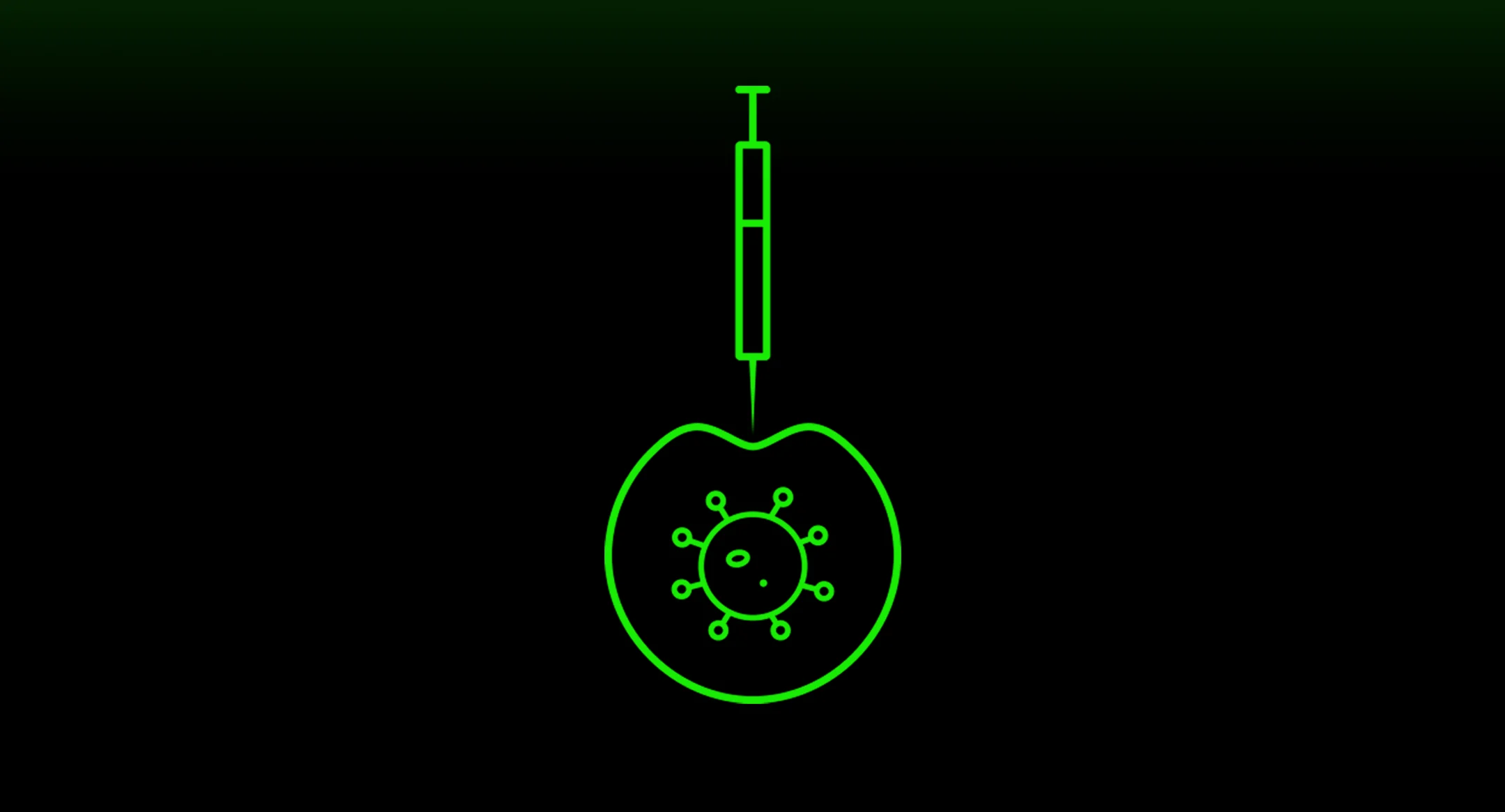Topics
- Post
- COVID-19
Podcast 109: How COVID Vaccine Affects Recovery, Resting Heart Rate & HRV

This week’s podcast is all about the COVID vaccine and what we are seeing as a response in WHOOP member heart rate data to getting the first dose.
VP of Data Science and Research Emily Capodilupo breaks down our latest research, which found that the majority of 1,200 vaccinated WHOOP members did not show a significant difference in recovery, resting heart rate or heart rate variability after getting the shot. This study also found that those who did see a change in physiological metrics did not experience a diminished recovery for more than a day or two. You can read the full findings here: Impact of COVID-19 Vaccination on WHOOP Data. Stay healthy and stay in the green!
COVID Vaccine Podcast Show Notes:
2:39 - Researching the Vaccine. Emily details how member requests via social media led the WHOOP team researching how the first dose of the vaccine was affecting WHOOP data. “We took all this data and we looked at those members’ baselines, the 14 days prior to getting vaccinated, [and evaluated] what their resting heart rate, heart rate variability, and recovery scores looked like. We looked at what those same values looked like the day after getting vaccinated as well as a couple of days after that.” 4:18 - How Vaccines Work. Emily dives deep on the science behind vaccines and details how mRNA vaccines like the COVID shots work. “It’s a protein from the pathogen that is the binding site of how the pathogen gets into your cells. So our immune system can recognize just that protein and from that create an antibody that works just as well on the whole pathogen itself.” 6:21 - Messenger RNA Vaccines. “mRNA was considered an interesting target that in the case of Pfizer and Moderna did work out well because it cut down the development time. It was a lot faster than traditional methods of using dead or weakened vaccines.” 7:07 - Why Two Shots are Needed. “After the first [shot, our bodies] recognize that ‘This thing is bad’ and we create T-Cell antibodies in order to kill the invading pathogen. But what seems to happen is if we don’t have a second [shot] is that we very quickly lose [those antibodies].” 9:43 - WHOOP Data Post-Vaccine. “Not that surprisingly, most people seemed to have no effect. Their data looked pretty much like what you would expect if they hadn’t gotten vaccinated. For about 1 in 5 people, we saw meaningfully reduced recoveries. Higher resting heart rates, lower heart rate variability. The important thing to keep in mind in interpreting this data is on any given random day about 1 in 10 people would have a low recovery score for all of the other combined reasons we could have a low recovery score. … If you subtract [those] people, it leaves you without about 1 in 10 extra people who experienced a red recovery score the next day.” 11:06 - Short Lived Effects. This study showed that those who did see their recovery fall after getting the shot experienced a quick rebound in their data. “By the second day after the vaccine, the data was not statistically significantly different from a typical day's distribution of recovery scores. What we’re seeing is that you [can get] a strong immediate response, it’s very short lived.” 11:56 - Feeling Sick After Shots. “What you’re actually experiencing are symptoms of your immune symptoms being activated. As much as it is unpleasant for a day or two, that’s actually a sign that it’s working. A vaccine can work without eliciting any unpleasant symptoms, but the fact that you had a mild fever, or some aches and chills, or some headaches and all these things are actually just a sign of your immune system being active.” 13:26 - Differences Between the Pfizer and Moderna Vaccines. WHOOP did collect data on both the Pfizer and Moderna vaccines and plans to analyze that information in the coming weeks. 14:41 - Sleep and Vaccines. Emily cites research from UCSF that suggests people who are sleep deprived when they are vaccinated are less likely to develop protective antibodies. 16:34 - Our Next Steps. “We’ve barely just scratched the surface,” Emily says, adding that WHOOP plans to research the effects of the second dose of the vaccine on member data. 18:00 - Protecting Personal Privacy. Emily explains how WHOOP looked into this data and details the steps WHOOP goes through to ensure personal information is not misused. “A big thank you to all of our members who volunteered this information about their vaccination that enabled this research. We can’t do this without you. It’s really important to us that we’re respecting everyone’s privacy. Emily notes that all WHOOP Journal data is stored on a separate database that does not have any personal identifying information. “When we pull this data, we’re not pulling it alongside anything that can identify any of these people and it’s all pulled in aggregation. … We’re not looking at any individual cases. We’re looking at population trends.” See Our Latest Research: How Different COVID Vaccines and Doses Affect Heart Rate, Sleep, Fatigue & More